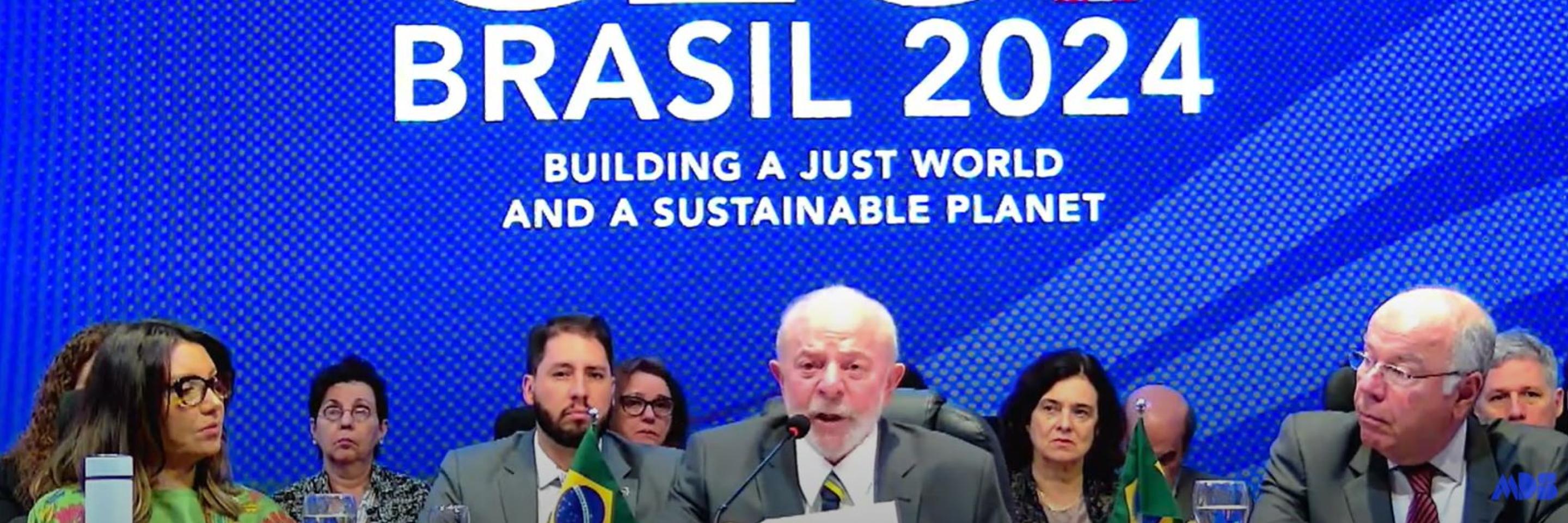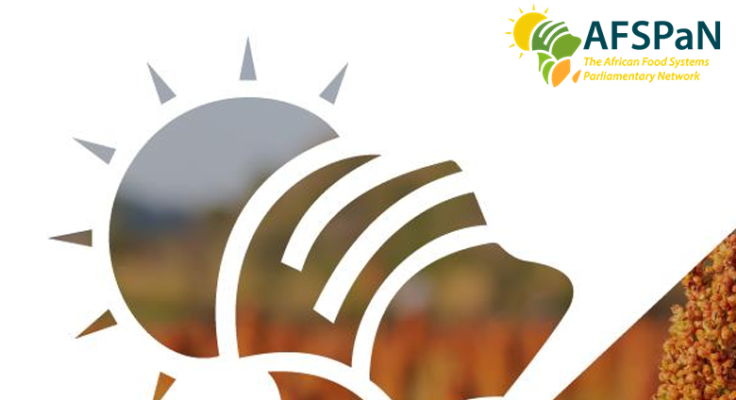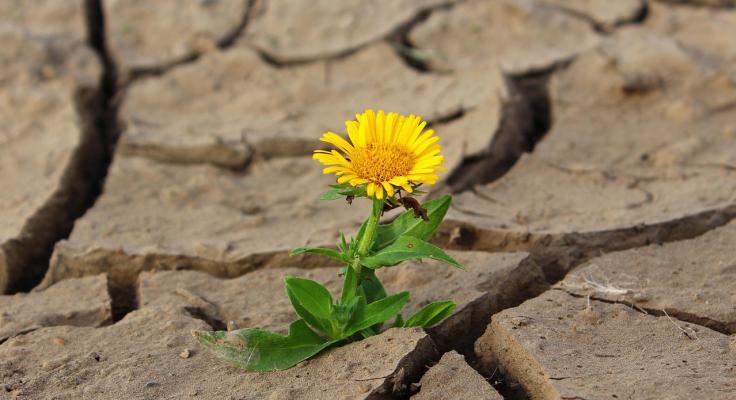
Innovative financing at the core of the food systems future: welcoming the UN SOFI report and the G20 Global Alliance against Hunger and Poverty
The latest numbers from the UN’s annual State of Food Security and Nutrition in the World (SOFI) report are grim. They confirm a harsh reality that has become an old refrain: we are off track to meet our SDG2 ambitions. Instead, we are witnessing a reversal in progress and a continued increase in hunger and food insecurity.
This worrying trend highlights the need to unite our efforts to fight hunger and malnutrition. It also highlights the need to focus on implementing and financing the most effective solutions that are proven to work.
This is the leitmotif of the Zero Hunger Coalition, which aims to catalyse action and unite a diverse range of stakeholders to transform food systems with the goal of eradicating global hunger and malnutrition sustainably.
The global financing for food security and nutrition remains woefully inadequate, with substantial gaps hindering progress toward achieving SDG 2. Despite an increased recognition of the importance of these issues, investments have not kept pace with the growing need. Current financing mechanisms often fall short, creating an urgent call for innovative solutions.
Between US$33 billion and US$50 billion yearly is additionally needed to eradicate hunger by 2030. However, current investments are significantly below this threshold. Traditional funding mechanisms, primarily driven by public sector investments and donor funding, are insufficient to bridge this gap.
A major challenge is the insufficient public funding for agriculture and nutrition. Government budgets allocated to these areas are frequently limited and compete with other pressing needs. Many countries are locked in a challenging fiscal space, struggling to reduce unsustainable debt exacerbated by emergencies such as the COVID-19 pandemic food inflation, rising fuel and fertilizer prices and the impact of climate change. This situation often leads countries to prioritise short-term relief efforts over long-term systemic interventions leading to a persistent funding gap that undermines sustainable progress.
Funding often targets isolated projects rather than comprehensive, integrated solutions that address the interconnected nature of food security, nutrition and climate change. This fragmented approach fails to create the systemic change needed to tackle these complex issues effectively. It is also crucial to ensure that financing supports rural areas where there is a higher concentration of people living in extreme poverty and food insecurity, with special attention to smallholder farmers and women.
Official Development Assistance (ODA) and concessional finance will remain important sources of funding for the foreseeable future. Increased and better coordinated ODA, aligned with national priorities and spent on evidence-based agriculture and nutrition interventions is key.
The private sector holds significant potential for investment in agrifood systems. However, uncertainties and risks associated with agricultural ventures often deter substantial financial commitments. The hesitancy of private investors to engage deeply in this sector leaves a significant portion of potential funding untapped.
The SOFI report recognises that success will not be achieved without the involvement of the private sector. This, too, is reflected in the Coalition’s mandate, through our Private Sector Pledge, which calls on companies to contribute to the goal of ending hunger.
I am pleased that the SOFI report examines various innovative financial instruments to fill our investment gap. For example, blended finance, which leverages public funds to de-risk agricultural investments, can unlock substantial private capital for sustainable agrifood projects. By reducing the perceived risk, blended finance encourages private investors to commit resources to projects that they might otherwise avoid.
It is no coincidence that the launch of the SOFI report is taking place in Rio de Janeiro alongside the launch of the new Global Alliance Against Hunger and Poverty (the Alliance) by the Brazilian G20 Presidency and President Luiz Inacio Lula da Silva.
The Alliance has a strategic focus on scaling national programmes to enhance food and nutrition security, poverty reduction, social protection and climate resilience. By building consensus in international fora, the Alliance seeks to unify global efforts and streamline resources effectively, enhancing the impact on a global scale.
One of the innovative mechanisms the Alliance is championing is the use of debt swaps to attract commercial capital into development projects. The Alliance proposes linking debt relief to anti-poverty programmes, extending the use of debt for nature swaps— that have been successfully used to increase investment flows to conservation - to combat hunger and malnutrition. Under this scheme, countries commit to redirecting savings from debt relief into programmes that address food security and nutrition. With careful oversight and transparent governance, debt swaps have the potential to effectively tackle key challenges, fostering sustainable growth and development in participating nations.
Brazil is the perfect ambassador to lead the G20 Global Alliance given its successful track record in ending hunger, culminating in its removal from the FAO’s Hunger Map in 2014. While there have been reversals since then, it is heartening to see the implementation of a new plan, Brazil Without Hunger, with numerous initiatives to lift the country out of hunger.
Brazil is an example of a country that has tackled multiple problems – such as inequality and poverty – as part of its fight against hunger. It is not only investing in food security and healthy diets but also in combatting food waste, increasing the productivity of smallholder farmers, focusing on maternal and child health and nutrition, expanding and leveraging social protection and school meals programmes, and ensuring decent employment and a minimum wage. We have much to learn from Brazil.
The Zero Hunger Coalition welcomes the Alliance and its commitment to translating existing resources and knowledge into bold actions while also mobilising new resources.
I strongly believe that food security and nutrition can only be accomplished when we align political agendas and acknowledge the links between climate change, food systems and inequality.
As Chair of the Zero Hunger Coalition, I believe that there are many opportunities for collaboration between these two initiatives.
The Coalition is ready to support the Alliance through our strong network of development partners, NGOs, civil society and multilateral institutions.
Success can only be achieved by engaging with everyone involved in food systems, and in particular farmers and small producers. We need to break down silos not only between sectors but also between initiatives. For this reason, collaboration is essential to catalyse action. We look forward to it.



